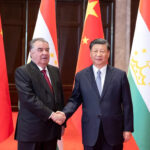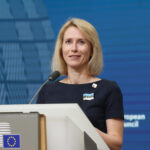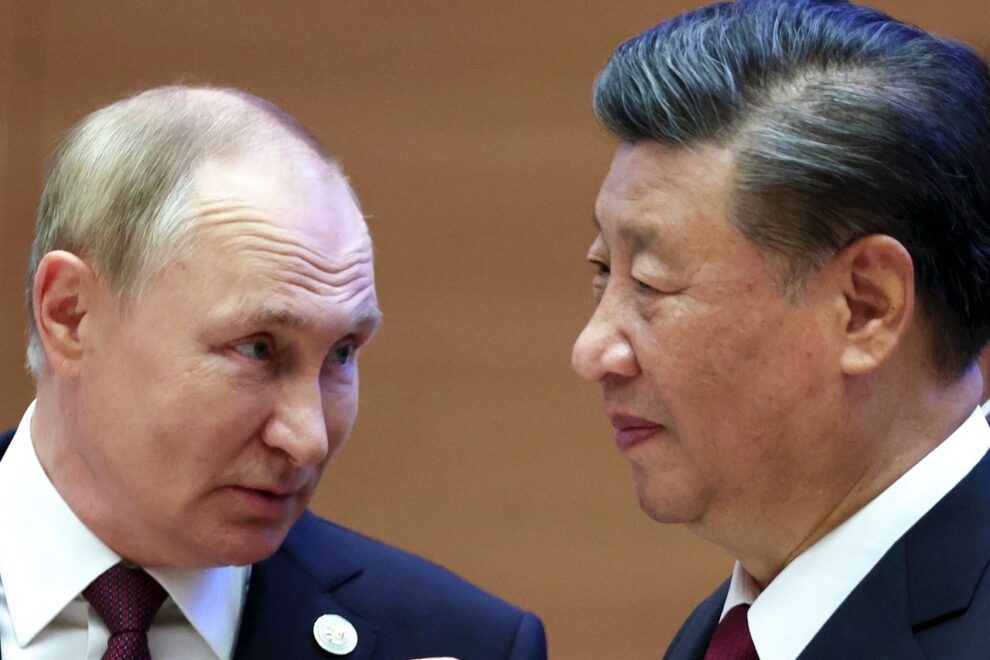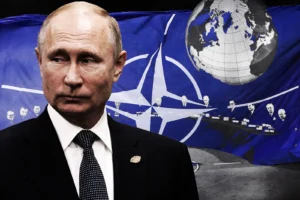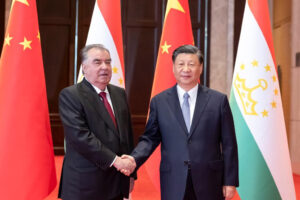The Wall Street Journal reports that Beijing is inclined to push for a cease-fire in Ukraine to prevent further Russian setbacks or large-scale battlefield losses.
The newspaper stated, quoting people close to the Chinese decision-making, that Ukraine’s strong resistance made Beijing rethink this direction, in light of growing fears by the Chinese leadership that increasing Western military support to Ukraine would severely weaken Russia, China’s main partner in its growing competition with the United States. the United States and its allies.
And Chinese Foreign Minister Chen Gang announced, on Tuesday, that his country is “extremely concerned” about the conflict in Ukraine, which is “escalating and even getting out of control,” noting that Beijing will work to “strengthen peace dialogue.”
The Chinese minister said during a conference in Beijing: “We will work with the international community to enhance dialogue and consultation, address the concerns of all parties, and strive to achieve common security.”
Nevertheless, China is looking to increase imports of Russian oil, gas and agricultural commodities, establish more joint energy partnerships in the Arctic and increase Chinese investment in Russian railways and ports.
Diminished Russian power gives China the upper hand in bilateral relations, which could lead to more favorable deals for Beijing, including energy.
However, people close to China’s decision-making told the Wall Street Journal that the leader, Xi Jinping, could care less about seeing Moscow and his counterpart, Vladimir Putin, emerge from the war so crippled.
To this end, Beijing is pressing for a more active role in trying to end the conflict.
Chinese foreign affairs adviser Wang Yi said at the Munich Security Conference last weekend that Beijing will unveil details of a Chinese peace initiative on February 24, coinciding with the first anniversary of Russia’s invasion of Ukraine.
Since Russia began its war on Ukraine, China has provided crucial economic and diplomatic support to Moscow, buying Russian energy products and accusing the United States and NATO of creating the conditions that led to the Russian invasion.
According to the Wall Street Journal, it is unclear how changes in economic relations in China will translate into providing Moscow with military support — a possibility that US Secretary of State Antony Blinken highlighted this weekend by saying Washington had information that Beijing Moscow was considering providing military support.
Earlier this month, The Wall Street Journal reported that Russian customs records show that Chinese state-owned defense firms were also shipping navigation equipment, jamming technology and jet fighter parts to Russian state-owned defense companies subject to Western sanctions.
Beijing has denied aiding Russia’s war effort and said its companies conduct normal business with Russia.
“Chinese military support would, of course, be a serious game-changer in the conflict,” said Sergey Radchenko, professor of international relations at the Johns Hopkins School of Advanced International Studies.
“The message (to the West) here is that if it misses the opportunity to freeze things now, China’s potential support for Russia will make the war more costly in the future, with potentially disastrous consequences for Ukraine and for regional stability,” he added.
In addition, Western leaders doubt that China can be a credible mediator because of its close relations with Russia. In Munich, NATO Secretary General Jens Stoltenberg questioned Beijing’s sincerity.
“China was unable to condemn the invasion. China could not say that this was an illegal war,” Stoltenberg said.
Some analysts in the United States and elsewhere also question whether the Chinese peace plan and its warnings against the use of nuclear weapons are a form of camouflage for Beijing’s quiet support for Russia.
“The Chinese will not sit by and watch the Russians completely defeated,” said Yun Sun, director of the China program at the Stimson Center, a Washington think tank. “The peace proposal is a step toward that goal.”
He added: “I doubt that the Chinese can propose anything substantial about the settlement other than the call for peace and dialogues.”
source: alhurra



